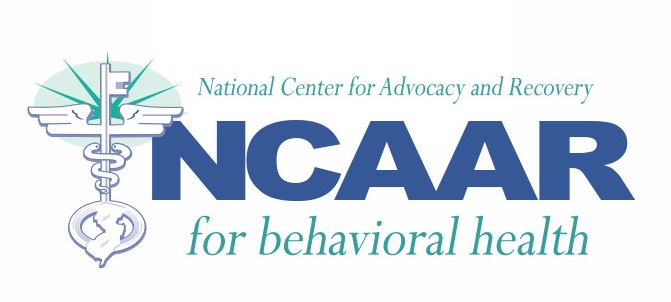Homo sapiens are a consistent
source of disappointment. I often wonder whether humans can really be Nature’s
last word. However, the antidote to this pessimism was served up in full on
November 4 at the Summit for NCADD-NJ’s volunteer Advocates held at Rutgers in
New Brunswick.
Primarily consisting of people
living in recovery and their families, all have endured quite a lot. Into each
life, as the poet says, some rain must fall. Almost all at the gathering have
been on the receiving end of a torrent, but continue to fight back, and win. It
was a day for honing skills, sharing information and expressions of gratitude.
What I’ve always found so admirable about our Advocates, is their generosity of
spirit. In addition to dealing with health issues, stigma, lack of access to
appropriate care, battles with insurance companies, and financial setbacks,
amazingly, they have been able to devote some of their strength to the service
of others. Much of their effort won’t benefit them. Their noble hearts have
directed them to reach down and help others up the ladder. One of the most
moving moments of the event, was the graduation presentation by state Senator
Patrick Diegnan to Advocate Amalia Papi. The Senator came off his re-election
campaign three days before Election Day because, as he put it, “Amelia is
forever doing for others and it is fitting that her hard work be finally
recognized.” The same could be said for each of the Advocate Leaders.
The relatively recent more refined
understanding of the addiction problem both among the general public and policy
makers, is attributable in no small degree, to the Herculean efforts of our
Advocates. They have put the human (there is that word again) touch on the
dilemma. Thanks in large measure to them, the disorder that once dare not speak
its name, now won’t shut up. And there have been specific, substantive public
policy reforms for which they have been at least partly responsible. Some of
these were delineated at the Summit, and include: dedicated enhancements of state
budgets to provide treatment and recovery, invitations to appear at public
forums and in the media, the Good Samaritan Law, criminal record expungement
revisions, evidence-based school instruction on addiction, added recovery
housing at university and college campuses, improved drug therapy programs in
lock-up facilities, Ban the Box legislation, increased availability of
naloxone, and a statewide implementation of needle exchange initiatives. And
these only begin to detail the far-reaching improvements to public policies
that the Advocates can be most proud.
Meanwhile, it is acknowledged,
that the work must continue. As New Jersey sees a new Governor and Legislative
Term embark, the struggles go on. After the November Fourth victory lap, it is
realized that more needs to be done. Insurance companies must be made to cover
more anti-opioid medications, and to reimburse for behavioral healthcare on a
par with the manner in which they do for medical and surgical therapies. There
needs to be expungement reform for people living in long-term recovery, and not
only for people who had the opportunity to complete drug court. Schools, and
other public venues must stock and utilize naloxone. There should be an
expansion of recovery community centers throughout the Garden State.
Knowing that there is more that
needs to be accomplished, and wanting ever to improve the message and its
delivery, the two hundred Advocates in attendance spent a good portion of the
day in training workshops. Topics included: integration of mental health and
substance use disorder, insurance parity, self care for advocates, helping
young people, and the role of peer-to-peer support as part of therapy.
So, the Advocate Summit was partly
a pat on the back, part educational, and part pep rally. We’re all looking
forward to the next one.
Ed Martone
Policy Analyst
P.S. Here are some photographs of the event
